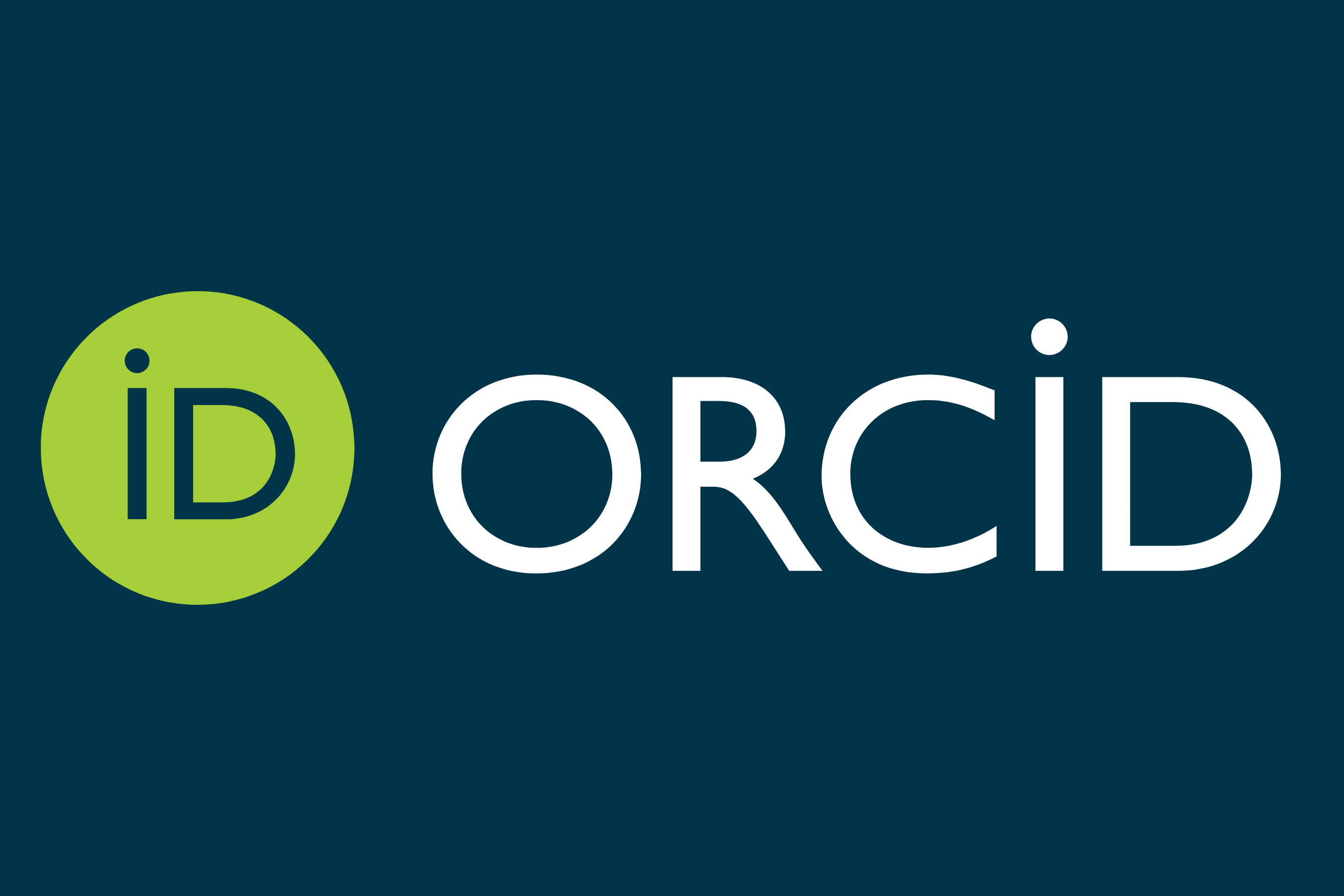مجالات تكامل تطبيق مبادىء حوكمة المصارف مع بطاقة العلامات المتوازنة
Abstract
Recent years have witnessed an increasing interest in corporate governance (CG). CG may be viewed as a wide set of relationships between an economic entity and a broad range of stakeholders. This range may include related parties such as investors, bondholders, customers, employees, suppliers, and governmental agencies. This paper aims at shedding light on some important concepts of governance principles that entail the development of an integrated area with a widely accepted performance evaluation approach, namely balanced scorecard (BSC).
The paper is based on a hypothesis which claims that “there are certain aspects by which governance principles can be integrated with BSC to assist in promoting efficient application of banks governance to boost their value and support its competitive position in financial markets”. In order to utilize BSC perspectives, especially the financial perspective, analytical techniques have been identified and applied to promote CG of National Bank of Iraq (NBI).
The paper reached at a number of conclusions, the most important of which are: (1) A strategic objective for NBI has been identified to be achieved by management throughout creating sustainable value to bank stockholders by developing bank’s revenues, and performing activities with less material and human resources that it will be reflected positively on dividends and stock price in the market. (2) Many aspects have been clarified within the paper, for integration between mechanisms of implementing governance principles and strategic objectives in the financial perspective of BSC in NBI. It is shown throughout quantitative analysis of bank operating results, failure to achieve: Increasing bank profits, increasing return on equities, boosting revenue to assets ratio, and reducing expenses. That is contrasted by bank’s revenues growth, its effect was weakened because of expenses raise.
Downloads
Published
Issue
Section
License
The journal of Administration & Economics is an open- access journal that all contents are free of charge. Articles of this journal are licensed under the terms of the Creative Commons Attribution International Public License CC-BY 4.0 (https://creativecommons.org/licenses/by/4.0/legalcode) that licensees are unrestrictly allowedto search, download, share, distribute, print, or link to the full text of the articles, crawl them for indexing and reproduce any medium of the articles provided that they give the author(s) proper credits (citation). The journal allows the author(s) to retain the copyright of their published article.
Creative Commons-Attribution (BY)









